iindaba
-
 Amino Tri Methylene Phosphonic Acid Applications and Significance Amino tri methyleneFunda ngokugqithisileyo
Amino Tri Methylene Phosphonic Acid Applications and Significance Amino tri methyleneFunda ngokugqithisileyo -
 The Journey of CAS 2029329 71 3 A Comprehensive Overview In the realm of chemistry, tFunda ngokugqithisileyo
The Journey of CAS 2029329 71 3 A Comprehensive Overview In the realm of chemistry, tFunda ngokugqithisileyo -
 The Versatile Polymer Polymaleic Anhydride Polymaleic anhydride (PMA) is a fascinatiFunda ngokugqithisileyo
The Versatile Polymer Polymaleic Anhydride Polymaleic anhydride (PMA) is a fascinatiFunda ngokugqithisileyo -
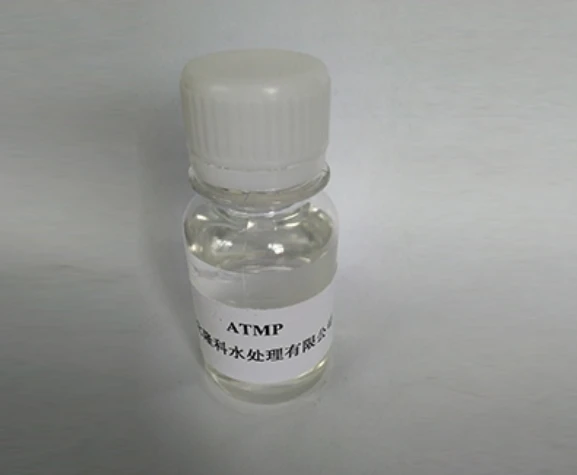 Understanding Polyaluminum Chloride Solution Uses and BenefitsFunda ngokugqithisileyo
Understanding Polyaluminum Chloride Solution Uses and BenefitsFunda ngokugqithisileyo -
 Polyaluminum Chloride (PAC) An Overview Polyaluminum chloride (PAC) is a widely usedFunda ngokugqithisileyo
Polyaluminum Chloride (PAC) An Overview Polyaluminum chloride (PAC) is a widely usedFunda ngokugqithisileyo -
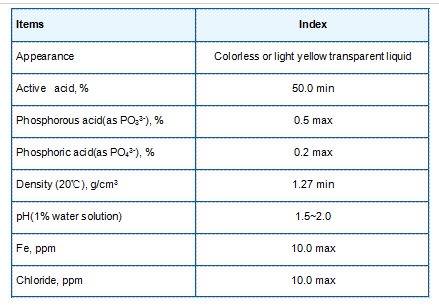 Skala inhibitorów Zrozumienie i zastosowanie w różnych dziedzinach Skala inhibitorówFunda ngokugqithisileyo
Skala inhibitorów Zrozumienie i zastosowanie w różnych dziedzinach Skala inhibitorówFunda ngokugqithisileyo -
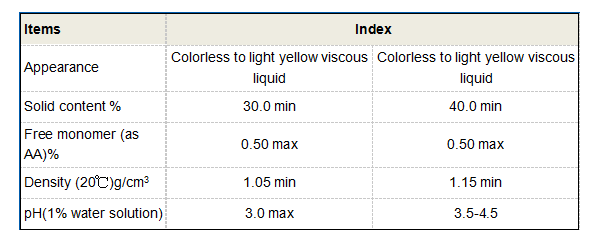 Understanding Partially Hydrolysed Polyacrylamide Properties, Applications, and BenefitsFunda ngokugqithisileyo
Understanding Partially Hydrolysed Polyacrylamide Properties, Applications, and BenefitsFunda ngokugqithisileyo -
 Understanding the Price of Poly Aluminium Chloride (PAC) per Kilogram Poly AluminiumFunda ngokugqithisileyo
Understanding the Price of Poly Aluminium Chloride (PAC) per Kilogram Poly AluminiumFunda ngokugqithisileyo -
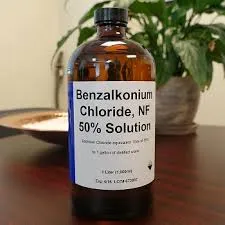 The Role of Ethylenediaminetetra(methylenephosphonic acid) in Modern Chemistry EthylFunda ngokugqithisileyo
The Role of Ethylenediaminetetra(methylenephosphonic acid) in Modern Chemistry EthylFunda ngokugqithisileyo -
 The Structure and Significance of Polyaspartic Acid Polyaspartic acid, a derivativeFunda ngokugqithisileyo
The Structure and Significance of Polyaspartic Acid Polyaspartic acid, a derivativeFunda ngokugqithisileyo
Yakutshanje Iindaba kunye neeBlogs
jonga ngakumbi -
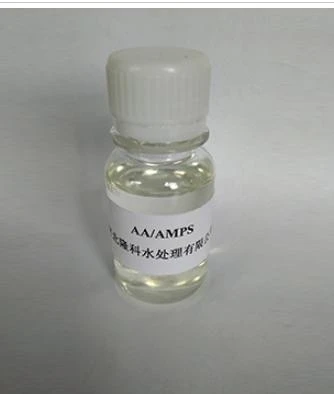 Understanding Polycarboxylic Acids: Properties, Applications, and Future PotentialPolycarboxylic acids are a versatile group of polymers widely used in water treatment, cleaning products, concrete admixtures, textiles, and even sustainable materials.Funda ngokugqithisileyo
Understanding Polycarboxylic Acids: Properties, Applications, and Future PotentialPolycarboxylic acids are a versatile group of polymers widely used in water treatment, cleaning products, concrete admixtures, textiles, and even sustainable materials.Funda ngokugqithisileyo -
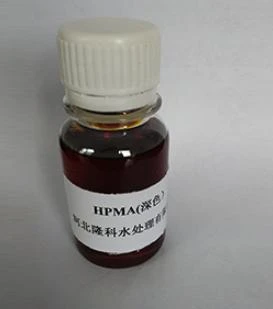 Scale Inhibitor Explained: How to Protect Your System from Limescale and Hard Water DamageIn water systems—from industrial boilers and cooling towers to household appliances—scale is a persistent enemy.Funda ngokugqithisileyo
Scale Inhibitor Explained: How to Protect Your System from Limescale and Hard Water DamageIn water systems—from industrial boilers and cooling towers to household appliances—scale is a persistent enemy.Funda ngokugqithisileyo -
 Scale and Corrosion Inhibitors: Essential Chemicals for Industrial Water System ProtectionIn industrial water systems—cooling towers, boilers, heat exchangers, pipelines, and RO systems—two silent threats can cause serious damage over time: scale formation and corrosion.Funda ngokugqithisileyo
Scale and Corrosion Inhibitors: Essential Chemicals for Industrial Water System ProtectionIn industrial water systems—cooling towers, boilers, heat exchangers, pipelines, and RO systems—two silent threats can cause serious damage over time: scale formation and corrosion.Funda ngokugqithisileyo -
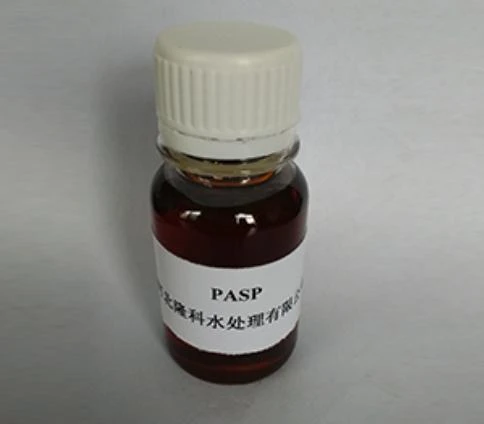 Polyaspartic Acid: A Biodegradable Polymer for Sustainable ChemistryAs industries move toward more sustainable materials, polyaspartic acid (PASP) is gaining traction across sectors—from water treatment and agriculture to coatings and biomedical applications.Funda ngokugqithisileyo
Polyaspartic Acid: A Biodegradable Polymer for Sustainable ChemistryAs industries move toward more sustainable materials, polyaspartic acid (PASP) is gaining traction across sectors—from water treatment and agriculture to coatings and biomedical applications.Funda ngokugqithisileyo






